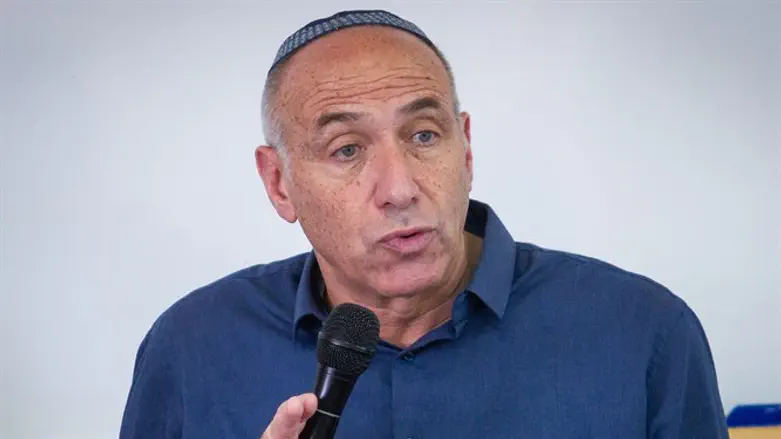
MK Moti Yogev (United Right) warned that the budgets given to child development centers in the north, south, and Judea and Samaria are less than those received by the same centers in the center of the country.
Turning to Deputy Health Minister Yakov Litzman (UJT), Yogev wrote: "The payment for therapies in the periphery (in the south, the north, and Judea and Samaria) is infinitely lower than what is transferred by the health funds in the center of the country. This leads to a huge inequality of care for children who need therapies [and live] in the periphery."
The new Health Ministry reform, in which the Health Ministry will give health funds 80 million NIS for child development centers run by the health funds themselves, will not serve its intended purpose.
"The Health Ministry chose to transfer the money to the health funds without intervening in the amounts paid to the child development centers," he wrote. "This will cause the centers to reduce what they offer and even close."
"At the same time, it is reducing parents' ability to turn to private therapies and receive a refund from the health funds. Why does the Ministry think that closing these therapy options will reduce the waiting lists at the child development centers?"
Information received by Yogev's office showed that the Health Ministry's evaluations for the health funds do not include assessment of the waiting lists for treatments at the child development centers, nor do they assess the quality of that treatment. In addition, the amount of money received by local authorities differs by location, with each locality negotiating independently with the health funds. This, in turn, creates gaps between the periphery and the center of the country.
Currently, approximately 100 public child development centers are operating in communities and local authorities around the country. These centers provide accessible, professional services for 40,000 children with developmental difficulties and delays. Approximately 90% of these centers operate in Israel's geographical or social peripheries.
Thousands of children wait for several months to receive a diagnosis and sometimes wait up to a year to receive speech or occupational therapy, though the current Health Ministry guidelines state that waiting times should not exceed three months.